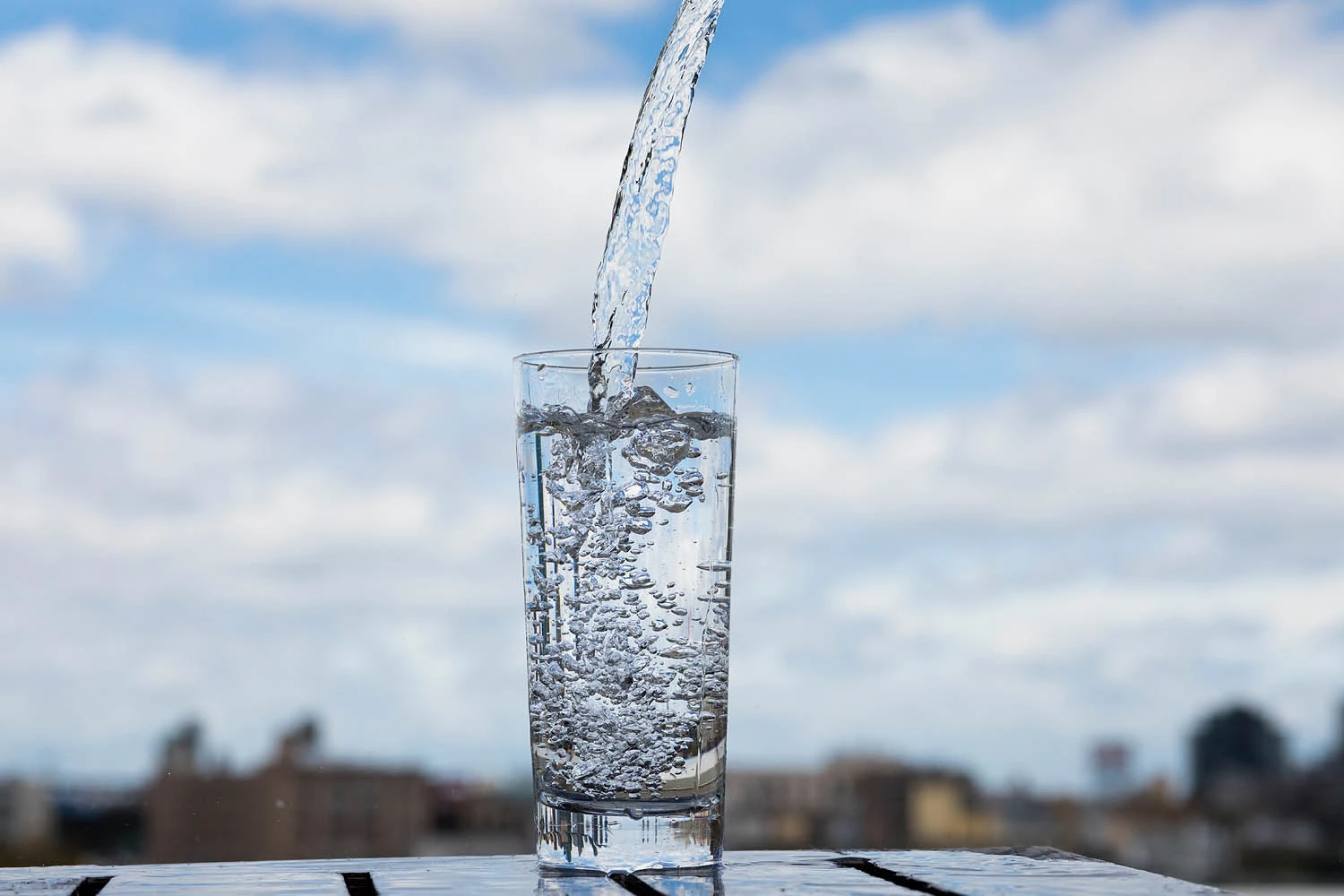Water is essential to your survival. Experts recommend your drink 8 large glasses a day, although there is some debate regarding the exact quantity. Scientists generally agree that a minimum of 1 litre of water is required per day to survive.
Most of the time this is simple, turn on your faucet and help yourself to a glass or two. But, if you’ve ever drunk water that’s sat in a glass for a day or more, you’ll know the taste changes. The question is whether the water has gone bad or simply changed taste. It’s important to know the answer, especially if you’re ever faced with a survival situation.
Water Left in A Glass
If you leave water in the glass it will taste different after just 12 hours. At this stage, the water has reacted with carbon dioxide in the air. This interaction lowers the pH of the water, altering the taste. It will taste flat but it will be safe to drink.
However, if you’ve drunk out of the glass before you leave it, then the interaction between your lips and the glass will have introduced bacteria. These will multiply surprisingly quickly. In short, if the water is left for a day there will be lots of bacteria in the glass. The only question is whether they are harmful to you or not.
Contaminants In The Pipes
Water comes from the treatment works and is filtered to remove debris. It has chemicals added to ensure it reaches a set safety standard and then it is pumped to your house.
However, there is no easy way to monitor the pipes between the treatment centre and your house, meaning that the water could be contaminated. If this is the case the water will be bad before you even use it.
It should be noted that all water has a taste thanks to the chlorine that has been added. This effectively kills bacteria and pathogens. If you don’t like the taste or are concerned about allergies it’s a good idea to use RO water. That’s water which has been through a reverse osmosis filter and is definitely safe to drink.
The Container
Another key factor in whether water goes bad or not is how it is stored. For example, if you store it in a lead container the lead will leach into the water and can cause health issues.
Equally, storing water in a plastic container, specifically those that have BPA in them, means that the BPA can leach into the water. This chemical has been linked to a variety of health concerns, including cardiovascular problems and even cancer.
In short, water generally doesn’t go bad unless you store it in the wrong container or you store it for longer than six months. At this point, the chlorine will dissolve and bacteria/algae will flourish. This makes your water bad and the problem will be worse if the water has been stored in a warm place.

